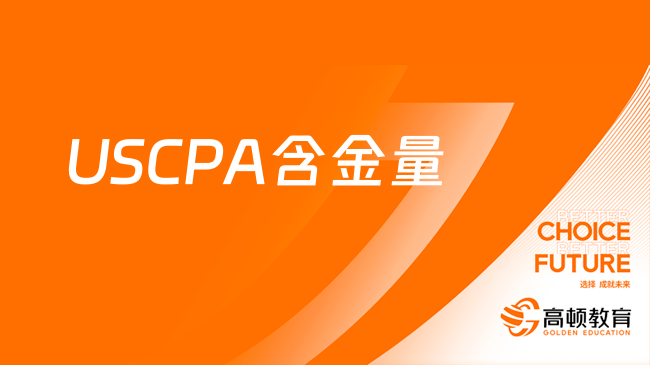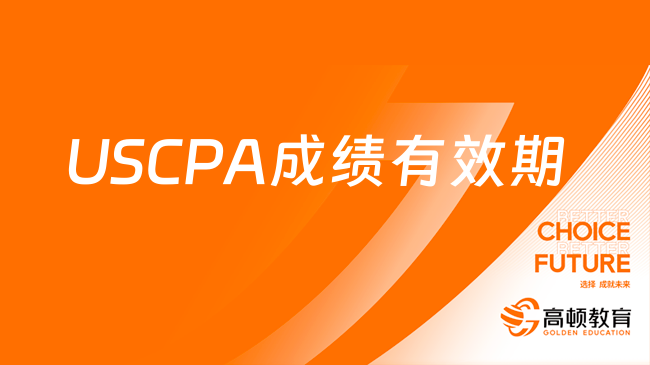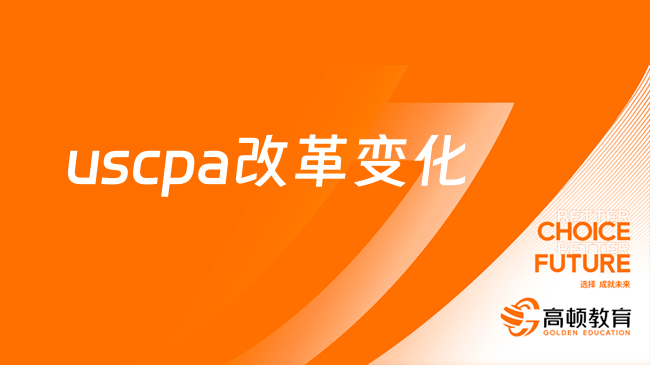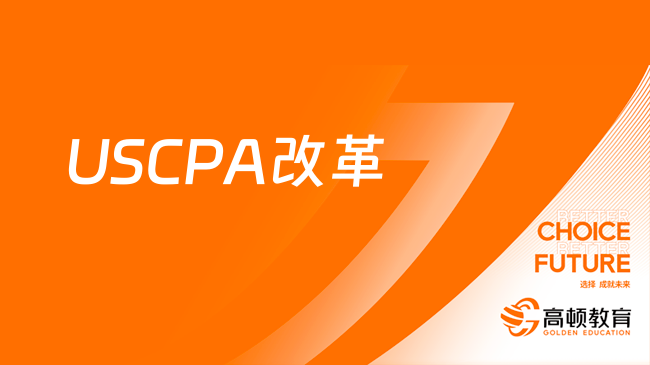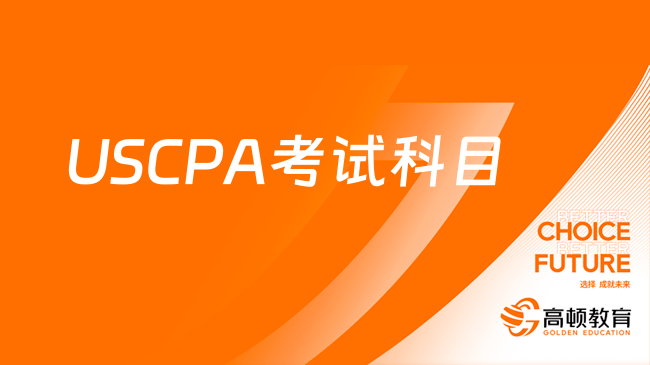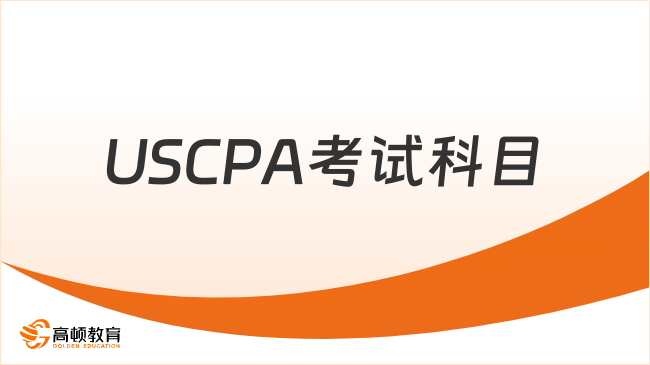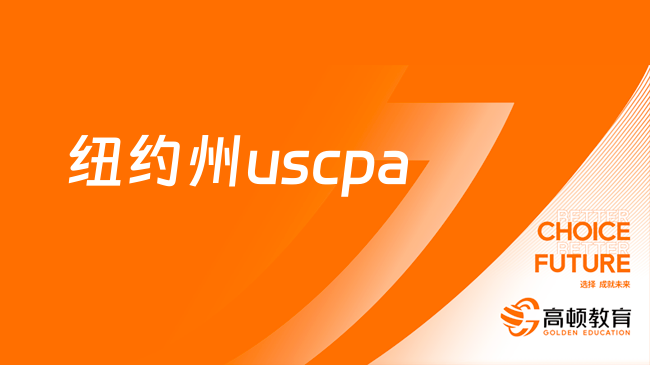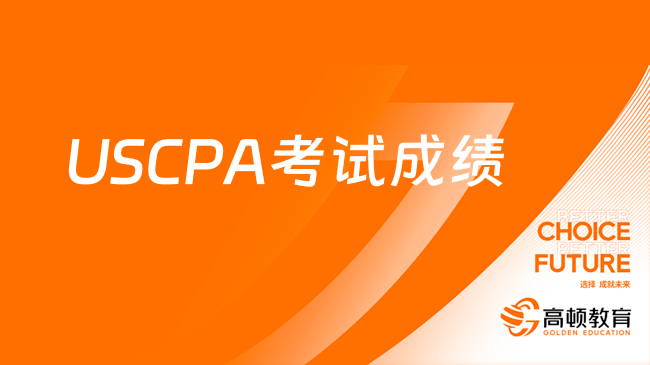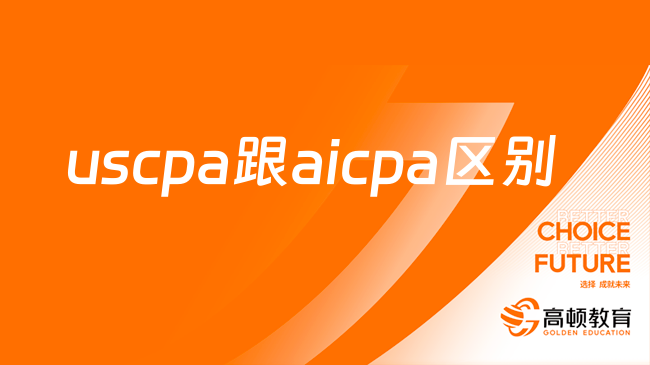AICPA和HKCPA互认协议即将签署
根据HKCPA协会主席前日发给其所有会员的消息,HKCPA和AICPA以及NASBA已经就港美注册会计师互认问题达成一致,协议很快就会签署。尽管细节问题还未非常明确,但是根据Steven老师的推测,HKCPA经过IQEX考试可以获得申请AICPA的条件,而AICPA可以经过规定时间的进修课程获得HKCPA资格。相比较来说AICPA转换为HKCPA会更容易。
HKCPA协会消息全文如下:
Winnie Cheung,Chief Executive & Registrar, Hong Kong Institute of CPAs,给所有会员发了一封公开信,证实香港将与美国互认。
Dear Members and Students,
Subject: China & International
In part one of this June 2011 CE Update, I have focused on local news. For this second part, I’d like to share with you news from my trips to New York and Beijing in March and April this year that may be of interest and relevance to you.
New York meeting
In early March, I travelled to New York for two meetings: the IFAC chief executive’s two-day Strategic Forum and the Global Accounting Alliance two-day board meeting.
IFAC’s strategic plan for 2011-2014
1. The IFAC CE Strategic Forum was created in 2003 where the chief executives of a selected group of accounting institutes are brought together to discuss matters of particular relevance to the global accountancy profession and IFAC. Conclusions of the CE Forum provide major input and influence to the IFAC board’s annual plans and actions.
2. The CE Strategic Forum 2011 discussed a number of key global issues including the European Commission’s green paper on audit policy, integrated reporting, the sovereign debt crisis in Europe, IFAC’s strategic plan for 2011-2014 and how to keep the accounting profession relevant. You are encouraged to visit the IFAC website and use the search function to get references to these subjects.
3. I, together with two other chief executives, Barry Melacon, the CEO of the American institute, and Helen Brand, the CEO of ACCA, were invited to present views on the opportunities and risks facing the profession from three geographic perspectives. I identified three of the most critical risk factors for IFAC and the accountancy profession and proposed 15 mitigating actions. I greatly appreciated the opportunity to gain a voice in IFAC’s development of its strategic plan for the global profession.
4. With a focus to enhance the relevance of the profession, the IFAC strategic plan for 2011-2014 seeks to serve the public interest through continually strengthening the worldwide accountancy profession and contributing to the development of strong international economies. IFAC says it will do this by establishing and promoting high-quality standards, furthering international convergence and speaking out on public interest issues where the profession’s expertise is most relevant. Click here to read the full plan.
IFAC global survey on risk
5. Prior to the Strategic Forum, the president and chief executive of each member body of IFAC were asked to complete a global leadership survey on a variety of topics including public sector finance, international standard setting and the professions’ global voice, supply and demand, attractiveness of the profession and corporate governance. Philip Tsai, our president, and I each completed a copy of the questionnaire. Click here for the result of this global survey completed by 123 respondents from 1 January 2011 to 15 February 2011. Respondents included 94 accounting institutes in 73 countries and jurisdictions, including Hong Kong and mainland China.
Representing Hong Kong
6. AICPA also took the opportunity to interview a number of CEs for their magazine, Journal of Accountancy, and I gave the view from China and Hong Kong. The video is in two parts, entitled China’s Accounting Landscape, and Lessons from Hong Kong’s Convergence to IFRS and is now live on the magazine’s website.
Mutual Recognition Agreement (MRA) with the US CPAs
7. While I was in New York, I also took the opportunity to meet with US IQAB, NASBA and AICPA representatives to finalize the terms of our MRA. The proposed agreement was approved by the Institute’s council and IQAB board in March and April respectively. Pending approval of the AICPA and NASBA boards in July and August, we expect to sign the agreement in October this year. I look forward to announcing the full details then.
Beijing meetings
8. I traveled to Beijing with the president and two vice presidents in March, which is part of our twice yearly leadership visits to talk to our mainland counterparts about issues and concerns as well as joint projects and collaborations. We met with heads of the accounting bureau and supervision and inspection bureau of the MoF, the CICPA and the CSRC.
Cooperation on convergence
9. China’s ongoing convergence to IFRS needs continuous maintenance. It is important also that other areas of accounting in China such as auditing standards, code of ethics and independence, corporate governance and disclosure, regulation and education are also moving to international benchmarks. The Institute is working closely with our mainland counterparts on all these areas. International investors rely on this to invest with confidence in the capital market of Hong Kong, which is now largely built on mainland companies and money. We believe one important and critical way to maintain Hong Kong as a vibrant and dynamic international financial centre is by building on our un[size=+0]ique positioning in our close collaboration with the mainland and to bring about convergence of standards and practices in different facets of the capital market both between Hong Kong and mainland as well as globally.
CPD recognition
10. To facilitate our members to gain CPD credits while they are in mainland China and vice versa, we discussed with CICPA the prospect of mutual recognition and cross-offerings of CPD to members of the two Institutes. This would help our mainland based members to fulfill their professional development needs in a cost effective manner.
China’s 12th five-year plan and human capital
11. We discussed how the profession can contribute to the five-year plan particularly in the development of human capital in support of China’s economic growth.
12. We signed an MoU to grant exemptions to our members for a fourth PRC CPA Uniform Examination paper, Corporate Strategies and Risk Management, making it easier for our members to gain the mainland qualification.
13. The globalization of the mainland economy has raised demand for accounting professionals with an international outlook and offers diverse opportunities to our members. Our presence in China will strengthen our brand positioning, while we seek to open more doors and opportunities for all our members.
USCPA教材试读-REG
真题高频考点,刷题全靠这份资料
USCPA-REG学习思维导图
梳理核心考点,一图看懂全部章节
USCPA考试公式大全
突破计算瓶颈,节省考试时间
- 美国注会考试考多少分及格?
-
uscpa一共有四门科目,每门考试的满分为99分,75分及格,但是这个75不是75%的正确率,不能被理解为百分比。
- uscpa一共几门几年考完?
-
uscpa总共考4门,一般单科成绩的有效期为18个月,大家需要在这个有效期的时间内,通过剩余的三门科目,否则第一门通过的考试成绩就作废,需要重考。因此,uscpa考试周期最长为18个月。
- uscpa一年能考几次?
-
NASBA和AICPA开启了连续测试期后,大家可以不受限制的全年参加uscpa考试。在uscpa的考试成绩公布后,如果大家发现自己没有通过考试,能够马上申请并参加该门科目考试,也不用再等待下一个考季才能申请重考。
- uscpa的含金量如何?
-
uscpa是美国正式的注册会计师国家资格,在美国拥有审计签字权,作为美国财经领域的三大黄金证书之一,在国内外都有着很好的知名度。很多外企招聘财务经理或财务总监岗位,都将持有uscpa证书作为优先录用条件。
-
What is the date of the 2024 CPA US exam? 2023-10-20
-
aicpa培训班有什么优势?报哪个机构更好? 2023-10-11
-
2024年USCPA含金量如何?国内有哪些福利政策? 2023-09-25
-
2024年美国CPA考几门科目?一文带你了解 2023-09-22
-
2024年USCPA成绩有效期或顺延至2025年! 2023-09-22
-
考生必看:2024年USCPA考试改革内容详解 2023-09-21
-
速看:2024年USCPA考试改革有哪些变化? 2023-09-21
-
NASBA系统调整!uscpa报名将有哪些变化? 2023-09-11
-
考生必看:2024年uscpa报名和培训费用详解 2023-08-14
-
2024年美国CPA考试蓝图正式发布:点击了解详情! 2023-08-09
-
2024年BEC科目大变革:新科目有哪些特点? 2023-08-09
-
2024年USCPA考试时间公布:点击查看! 2023-08-06
-
2024年USCPA改革:考试科目有什么变化? 2023-08-05
-
速看!2023年USCPA考试改革重要时间节点汇总! 2023-08-04
-
2024年USCPA考试科目:一分钟带你全面了解 2023-08-02
-
2024年USCPA考试科目:一分钟带你全面了解 2023-08-02
-
新手速进:2024年USCPA考试科目有几门? 2023-08-02
-
纽约州uscpa报考要求有哪些?考试费涨了吗? 2023-07-31
-
uscpa考试费用涨到多少了?254.8美元/科! 2023-07-31
-
定了!uscpa考试费用上涨至254.8美元/科! 2023-07-31
-
USCPA考试成绩多久有效?查询方式是什么? 2023-07-29
-
2024年美国cpa考试各项费用一览:点击了解 2023-07-27
-
2023年uscpa考试时间表!附考试地点安排 2023-07-18
-
uscpa跟aicpa有什么区别?点击查看详情 2023-07-18
-
USCPA考试科目有哪些 2023-07-18
-
美国注册会计师uscpa考试形式介绍 2023-07-18
-
美国cpa学分认证机构有哪些?收费标准如何? 2023-07-04
-
美国CPA学分认证机构大揭秘:附学分认证详解 2023-07-04
-
aicpa是什么证书?考了方便留美吗? 2023-07-03
-
美国cpa备考攻略:怎样才能调整好考试心态? 2023-06-27
 更多服务
更多服务









